Contributed by Kévin Dunglas in #40799.
The recommended way of processing Symfony forms is to use a single action for both rendering the form and handling the form submit. This is how it looks in practice: 1 2 3 4 5 6 7 8 9 10 11 12 13 14 15 16 17 18 19 20 21// src/Controller/ConferenceController.php // ...
[Route('/{id}/edit', name: 'conference_edit', methods: ['GET', 'POST'])]
public function edit(Request $request, Conference $conference): Response { $form = $this->createForm(ConferenceType::class, $conference);
$form->handleRequest($request);
if ($form->isSubmitted() && $form->isValid()) {
// do something with the $conference object
// (e.g. persist it in the database)
return $this->redirectToRoute('conference_show', [
'id' => $conference->getId(),
]);
}
return $this->render('conference/edit.html.twig', [
'form' => $form->createView(),
]);}
When using libraries such as Symfony UX Turbo this simple form handling is not enough and you have to follow the HTTP protocol strictly (e.g. if the form is submitted but invalid, the response must have a HTTP 422 status code). In order to simplify the form handling in those cases, Symfony 5.3 adds a new (optional) helper to handle forms. This helper is defined in the AbstractController base controller as a new method called handleForm(). This is how the previous example looks when using the new helper: 1 2 3 4 5 6 7 8 9 10 11 12 13 14 15 16 17 18 19 20 21 22 23 24 25// src/Controller/ConferenceController.php // ...
[Route('/{id}/edit', name: 'conference_edit', methods: ['GET', 'POST'])]
public function edit(Request $request, Conference $conference): Response { return $this->handleForm( $this->createForm(ConferenceType::class, $conference), $request, function (FormInterface $form) use ($conference) { // do something with the $conference object // (e.g. persist it in the database)
return $this->redirectToRoute(
'conference_show',
['id' => $conference->getId()],
Response::HTTP_SEE_OTHER
);
},
function (FormInterface $form) {
return $this->render('conference/edit.html.twig', [
'form' => $form->createView(),
]);
}
);}
The signature of the handleForm() method is: 1handleForm(FormInterface $form, Request $request, callable $onSuccess, callable $render): Response
Both $onSuccess and $render callables must return a Response object. This is how it works in practice:
if the form is not submitted, the $render callable is called; if the form is submitted but invalid, the $render callable is called and a 422 HTTP status code is set if the current status hasn’t been customized; if the form is submitted and valid, the $onSuccess callable is called (which is usually where you persist the data and return the 303 HTTP redirection).
Sponsor the Symfony project.http://feedproxy.google.com/~r/symfony/blog/~3/tgna0PcoiTE/new-in-symfony-5-3-form-handler-helper
Zaloguj się, aby dodać komentarz
Inne posty w tej grupie

Get ready for the exciting SymfonyOnline June 2025, kicking off in a few days only! There’s still time to register and join the international online Symfony conference—along with pre-conferenc
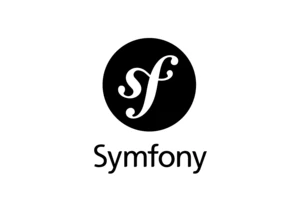
This week, Symfony released the stable version of Symfony 7.3, which includes lots of amazing new features. We also published the maintenance versions 6.4.22 and 7.2.7.
Symfony development highlights
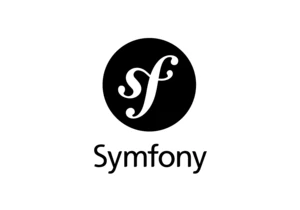
This is the second part of the blog post showcasing the main DX (developer experience) features introduced in Symfony 7.3. Read the first part of this blog post.
Verify URI Signatures… https://symfon
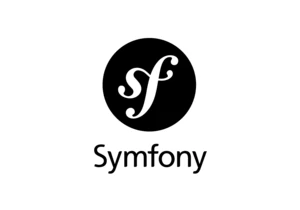
Symfony 6.4.22 has just been released. Read the Symfony upgrade guide to learn more about upgrading Symfony and use the SymfonyInsight upgrade reports to detect the code you will need to change in you
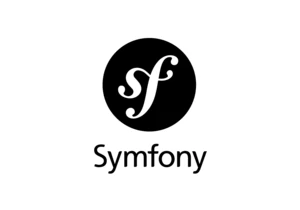
Symfony 7.2.7 has just been released. Read the Symfony upgrade guide to learn more about upgrading Symfony and use the SymfonyInsight upgrade reports to detect the code you will need to change in your
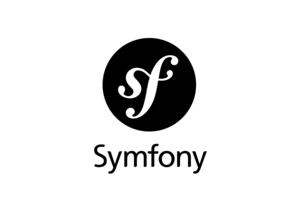
Symfony 7.3.0 has just been released. Check the New in Symfony 7.3 posts on this blog to learn about the main features of this new stable release; or check the first beta release announcement to get t
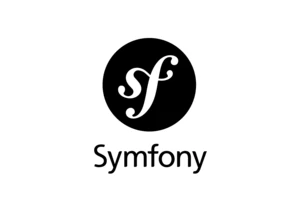
Symfony 7.3.0 has been released. As for any other Symfony release, our backward compatibility promise applies and this means that you should be able to upgrade easily to 7.3 without changing anything
